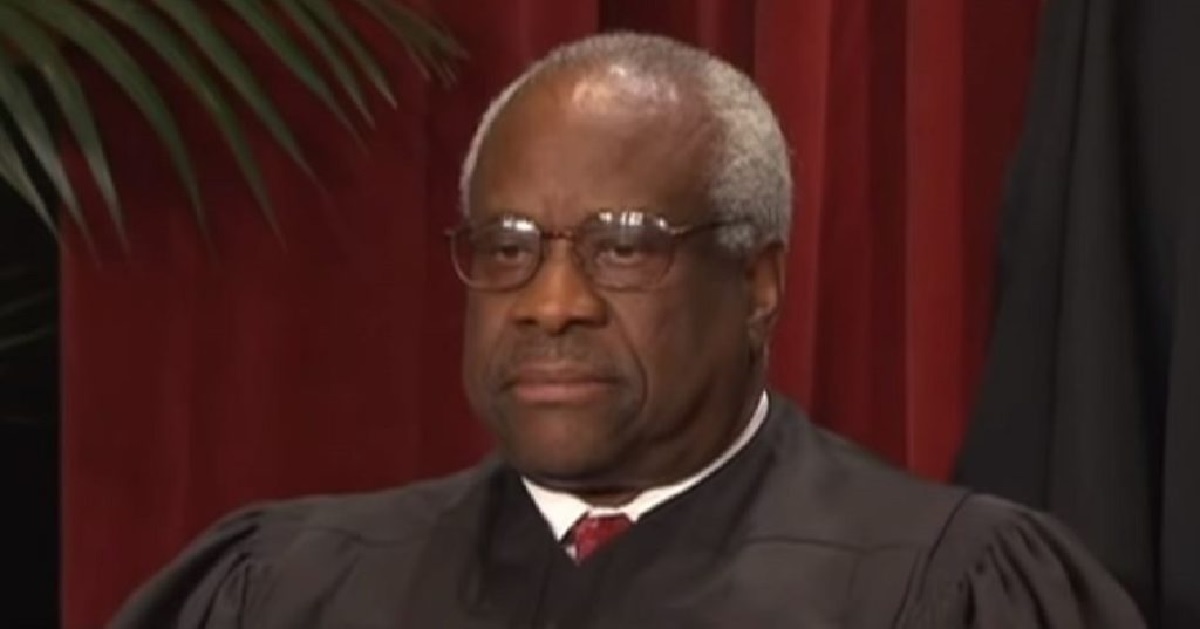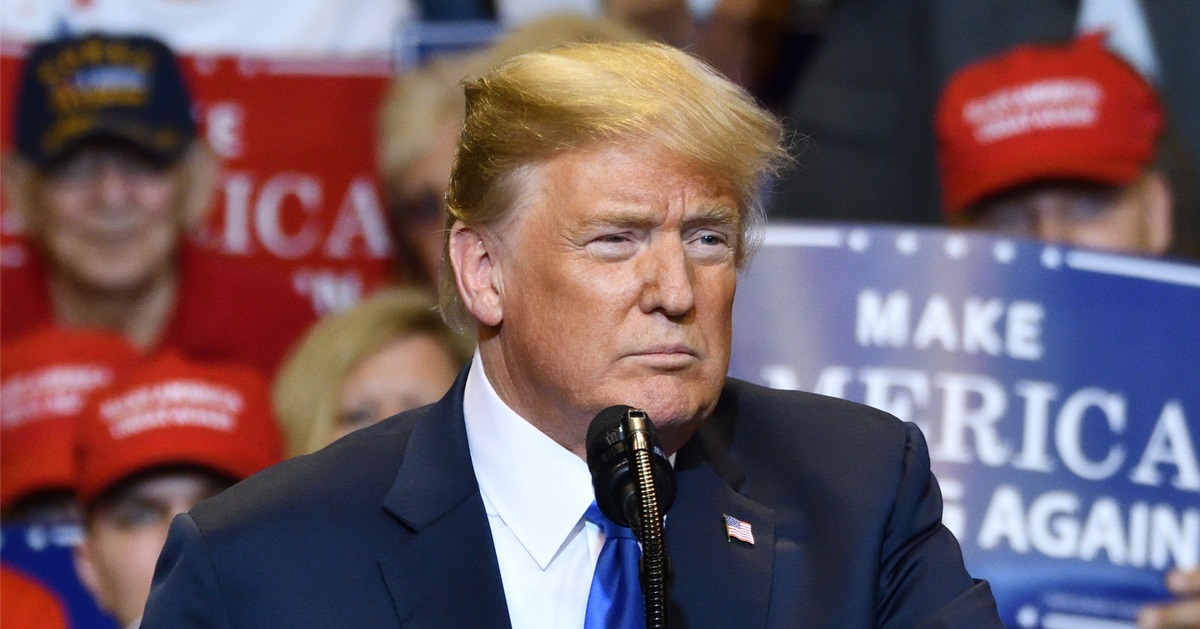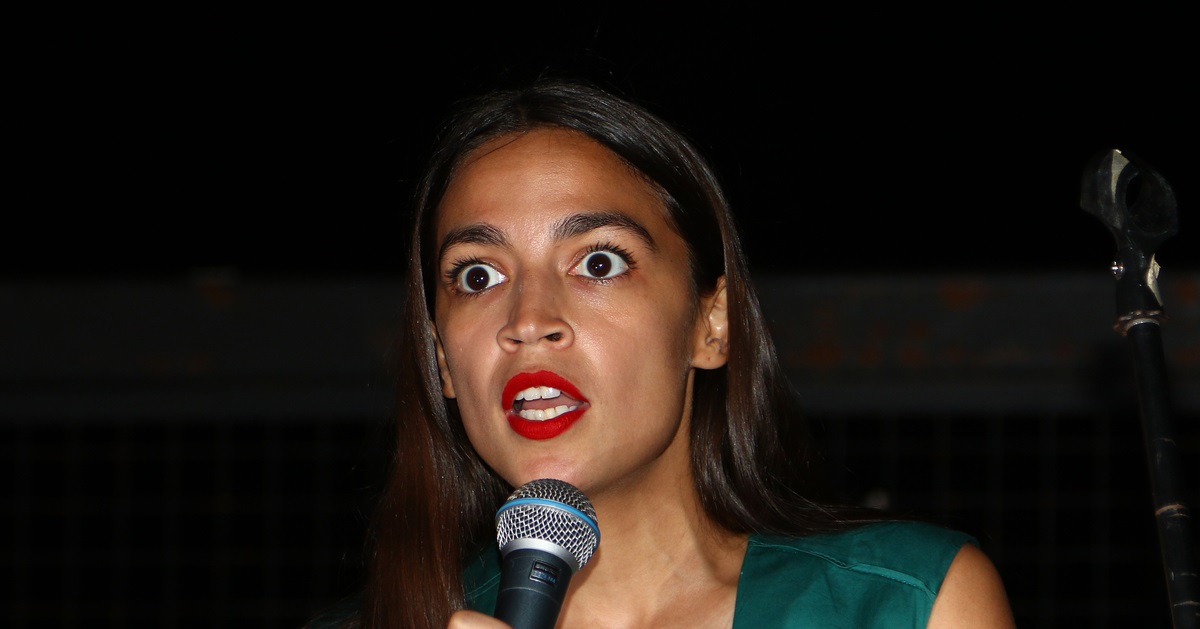Kamala Harris parody video creator is challenging two of California's three new deepfake laws in court
Groundbreaking legislation from the left coast is already being challenged in court almost immediately after being signed into law by the state's alt-left governor.
California now has some of the toughest laws in the United States to crack down on election deepf Governor Gavin Newsom signed three groundbreaking proposals this week at an artificial intelligence conference in San Francisco.
This has resulted in California having some of the most stringent laws in the United States to combat election deepfakes in advance of the 2024 election, as Fox News reported.
The State's Move
The state may be among the first to implement legislation that prohibits the use of artificial intelligence (AI) to generate and distribute fraudulent images and videos in political advertisements in the lead-up to Election Day.
However, a lawsuit filed in Sacramento on Tuesday is currently challenging two of the three statutes, one of which was intended to reduce the practice in the 2024 election.
These include one that is immediately effective and enables any individual to file a lawsuit for damages related to election deepfakes, and the other mandates that large online platforms, such as X, remove the deceptive material beginning next year.
The Suit
The lawsuit claims that the laws censor free speech and permit anyone to take legal action over content they dislike. The plaintiff is a person who made parody videos with altered audio of Vice President and Democratic presidential nominee Kamala Harris.
Elon Musk, the owner of the social media platform X, shared at least one of his videos. Subsequently, Newsom pledged to prohibit such content in a post on X.
Satire and parody content are not prohibited by the law, according to the governor's office. Rather, it necessitates that the use of AI be disclosed in the modified recordings or images.
“It’s unclear why this conservative activist is suing California,” Newsom spokesperson Izzy Gardon said in a statement. “This new disclosure law for election misinformation isn’t any more onerous than laws already passed in other states, including Alabama.”
From the Attorney
Theodore Frank, an attorney who represents the complainant, stated that the California laws are excessively broad and are intended to “force social media companies to censor and harass people.”
“I’m not familiar with the Alabama law. On the other hand, the governor of Alabama had hasn’t threatened our client the way the governor of California did,” he told The Associated Press.
One of the three laws that Newsom enacted on Tuesday is the most comprehensive and takes effect immediately to prevent deepfakes surrounding the 2024 election.
It targets not only materials that could influence voter behavior, but also recordings and images that could distort the integrity of the election. The law also applies to materials that depict election personnel and voting machines, in addition to political candidates.






